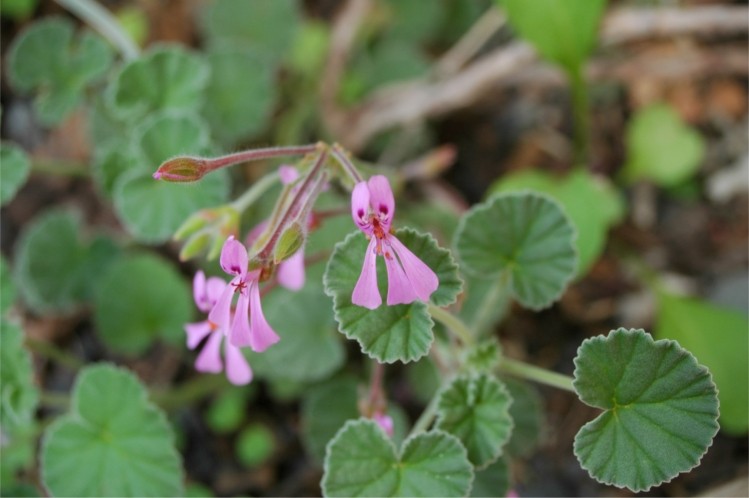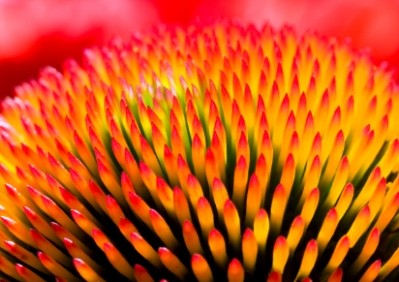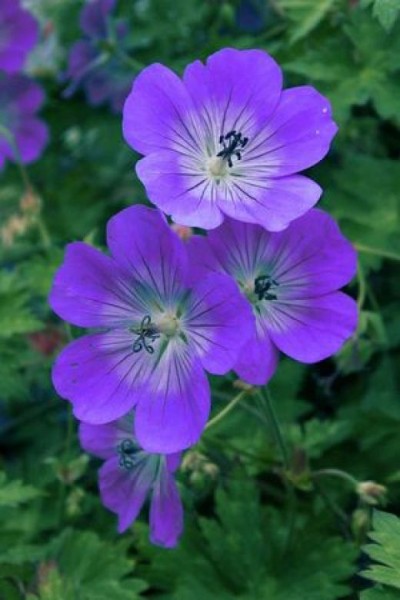South African immunity herb winning new community

Traditionally used and grown by indigenous South African populations like the Zulu, Basutu, Xhosa and Mfengi, Pelargonium sidiodes has been under patent by German pharma player Schwabe for many years, but recent biodiversity and bio-prospecting law changes in South Africa are bringing new players into the field.
One is African supplier, Afrigetics Botanicals, which has entered into a deal with the San bush people that will see them receive 3.5% of Afrigetics gross profits on sales in the extract.
Afrigetics owner and director Steve Hurt said the herbal extract was the top-selling natural antiobiotic used in children’s cough medicines in Germany, with Schwabe dominating, as it did in South Africa, but new markets were opening up, especially in the US supplements space.
Local empowerment
“Schwabe had a near-monopoly in the past but that is being opened up now, the patents can be challenged and new players are coming in,” Hurt told NutraIngredients.
“So effectively, it has meant that companies are starting to consult the land owners for their knowledge of medicinal plants and their access to resources.”
“Prior to the act there was no regulation around bio-prospecting and companies could prospect without having to involve the communities and this meant that the communities were disempowered. I think the act gives them a context in which to understand their position better and a framework for them to defend their rights.”
“In a world where 50% of modern medicines have been derived from traditional knowledge, the importance of the act could be substantial.”
Afrigetics is targeting food supplements and foods and is offering Pelargonium raw material form (100ppm) at about US$25-30 per kilogram and an ultra-freeze dried from at US$75/kg.
Hurt said investigations had shown the Pelargonium sidiodes supply chain was sometimes infiltrated by a less bioactive version called Pelargonium luridium that could be purchased at around US$10/kg.
“The price we sell at is a fair and reasonable price. Below US$20 people need to check active ingredients, the most active of which is Umckalin.”
Tradition of use
The American Botanical Council (ABC) in 2004 noted that Pelargonium sidiodes along with, “the closely related P. reniforme…had been used for centuries by the Zulu to treat coughs, upper respiratory tract infections, tuberculosis and gastrointestinal complaints.”
“Our Pelargonium is sourced by Tshaatshu Community Trust in the Eastern Cape through bio prospecting agreement signed by the South African Minister of Environmental Affairs,” added Hurt.
Schwabe was not available for comment at the time of publication.













